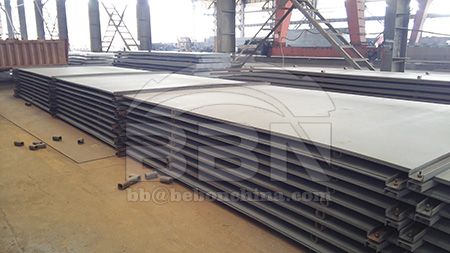
D36 steel, also known as DH36 steel, is commonly used in marine and offshore applications. It is designed to withstand harsh environmental conditions, including low-temperature environments. Here are some considerations regarding D36 steel's performance in low-temperature environments:
1. Toughness: D36 steel exhibits good toughness, which is crucial for withstanding low temperatures. It can resist brittle fracture and maintain its mechanical properties even at sub-zero temperatures.
2. Impact Resistance: D36 steel is specifically engineered to have excellent impact resistance, making it suitable for applications exposed to low temperatures. It can absorb energy from impacts without experiencing significant degradation in performance.
3. Weldability: D36 steel offers good weldability, allowing for the fabrication of structures and components that can withstand low-temperature environments. Proper welding techniques and preheating procedures may be necessary to ensure sound weld joints and maintain material integrity.
4. Corrosion Resistance: D36 steel has good corrosion resistance, which is essential for prolonged exposure to marine and offshore environments, including low-temperature seawater.
It is important to consult the specific requirements and recommendations provided by manufacturers, industry standards, and relevant specifications for utilizing D36 steel in low-temperature applications to ensure optimal performance and safety.
Just like you, 70% customers choose long-term cooperation with BBN steel not only for our good product and service quality, good reputation in the international market, but also for our experienced one-stop raw material supply and further steel processing!
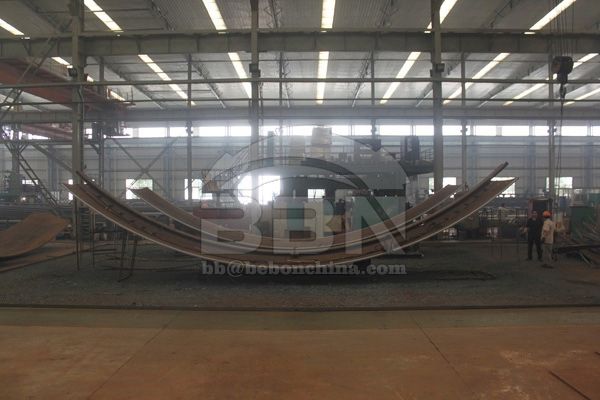
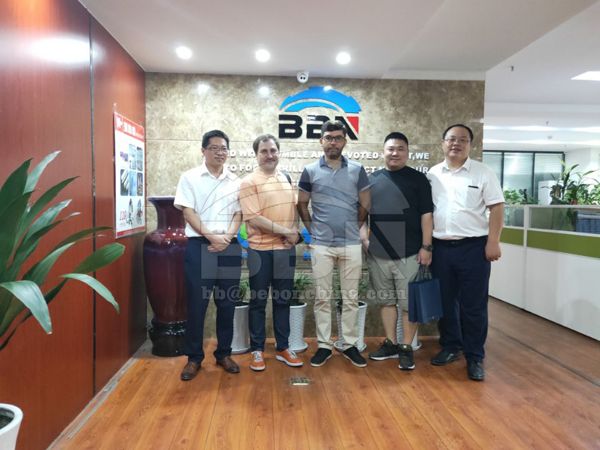
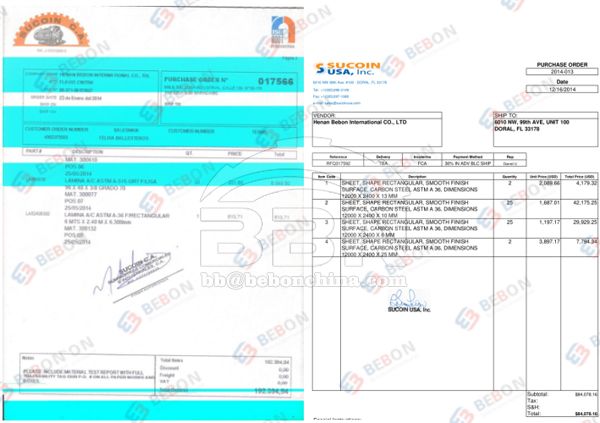
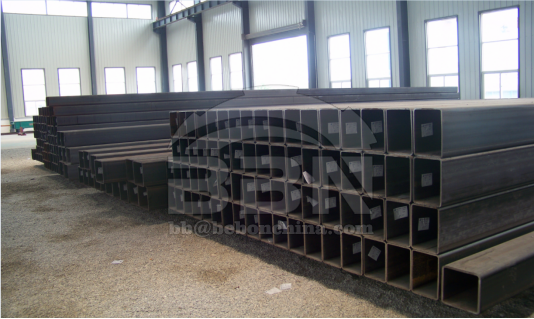
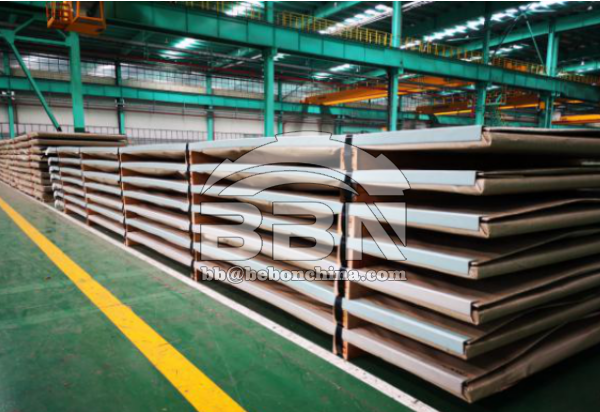
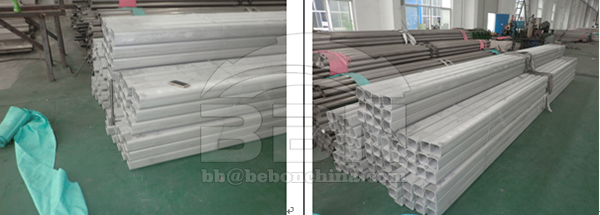
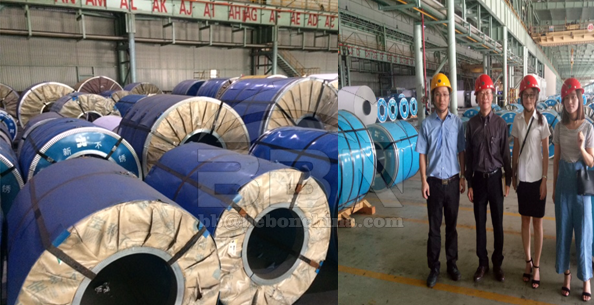
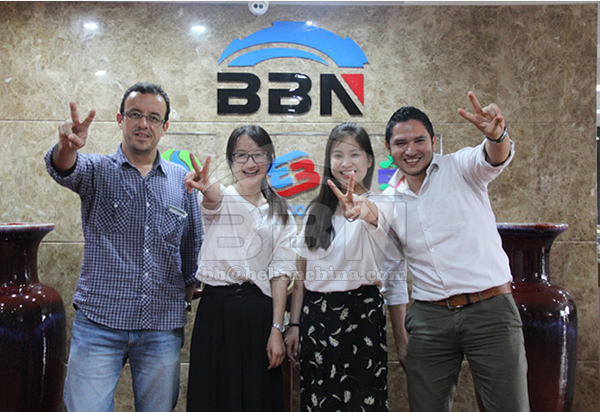
Henan BEBON Iron&Steel co.,ltd.